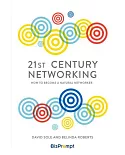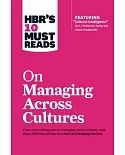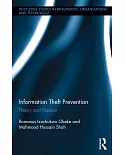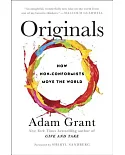`Most of the literature to date on diversity has been based in western and industrialized national cultures. It is gratifying therefore to see that this book includes chapters from scholars
based in sixteen different countries across the world, representing Europe, the Middle East, South and East Asia, and North America. Although the Chapter authors have approached the topic in a
variety of different ways, they provide comparative insights on diversity management that will be of interest to scholars and policy-makers alike.’- Neal M. Ashkanasy, The University of
Queensland, Australia
`Diversity management has become fashionable as an extension of equal opportunity and affirmative action policies, but placing the emphasis more on organizational development and change. This
Handbook covers no less than sixteen countries with a diverse range of issues, ranging from the caste system in India to the problems of migrants in the Netherlands. Each country is placed in
an historical context and a range of policies dealing with gender, ethnic minorities migrants, age, disability and sexuality are discussed. This Handbook will be essential reading for anyone
concerned with human resources.’ - Peter J. Sloane, Swansea University, UK
Managing and developing diversity is on the political and business agenda in many countries; therefore diversity management has become an area of knowledge and practice in its own right. Yet
all too often it is referred to as a unifying concept, as if it were to be interpreted uniformly across all cultures and countries. The contributors to this volume expertly examine the
relationship between diversity management and equality legislation within the different participating countries’ national contexts. They advocate that such separation and sequencing between
equality at work and diversity management is far from natural.
This important original reference work will enhance awareness of potential pitfalls in addressing diversity. As such, it will be greatly appreciated by scholars who wish to better contextualize
their research. The Handbook will also provide policy-makers with benchmark data regarding equal treatment and diversity as understood in other countries.




















